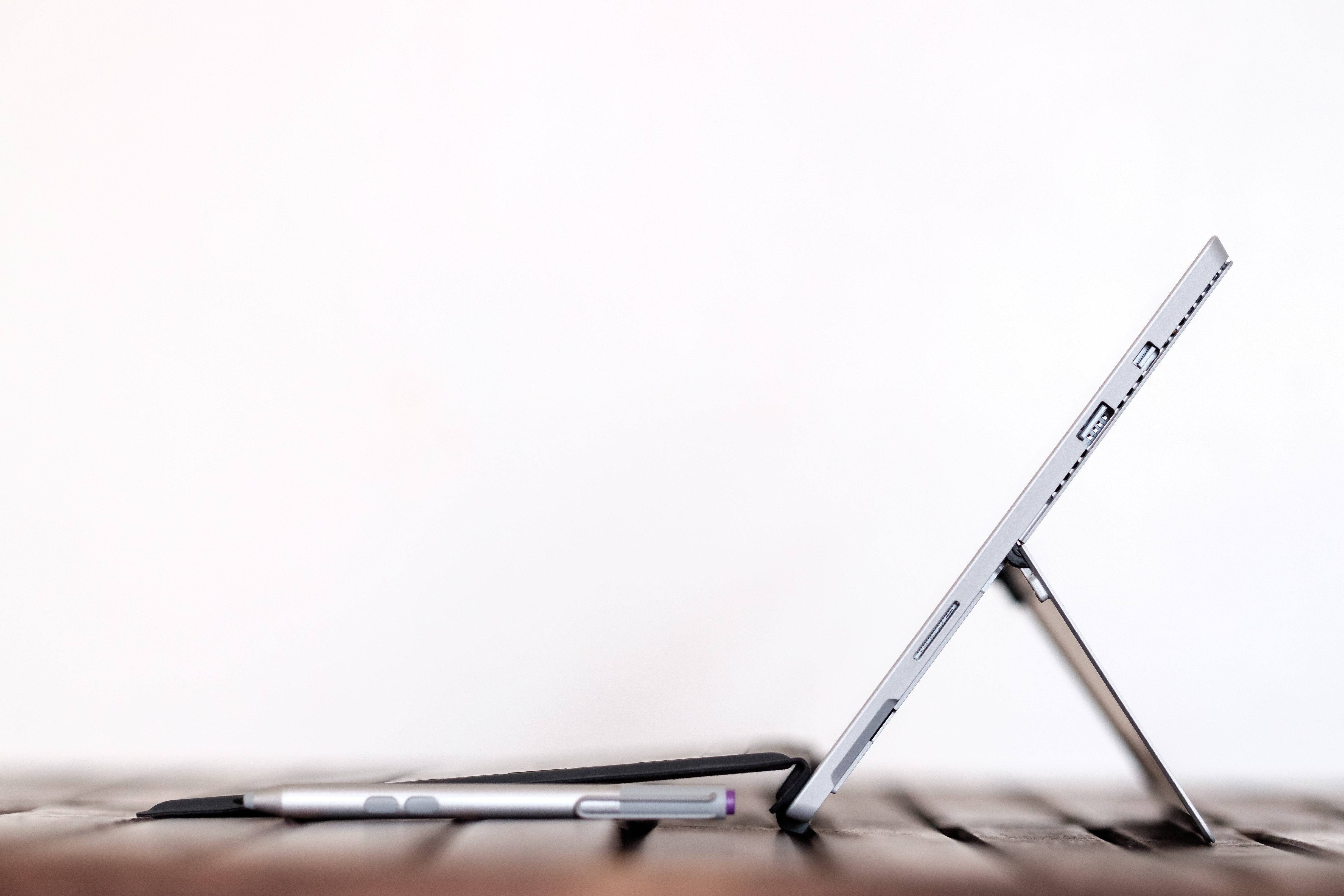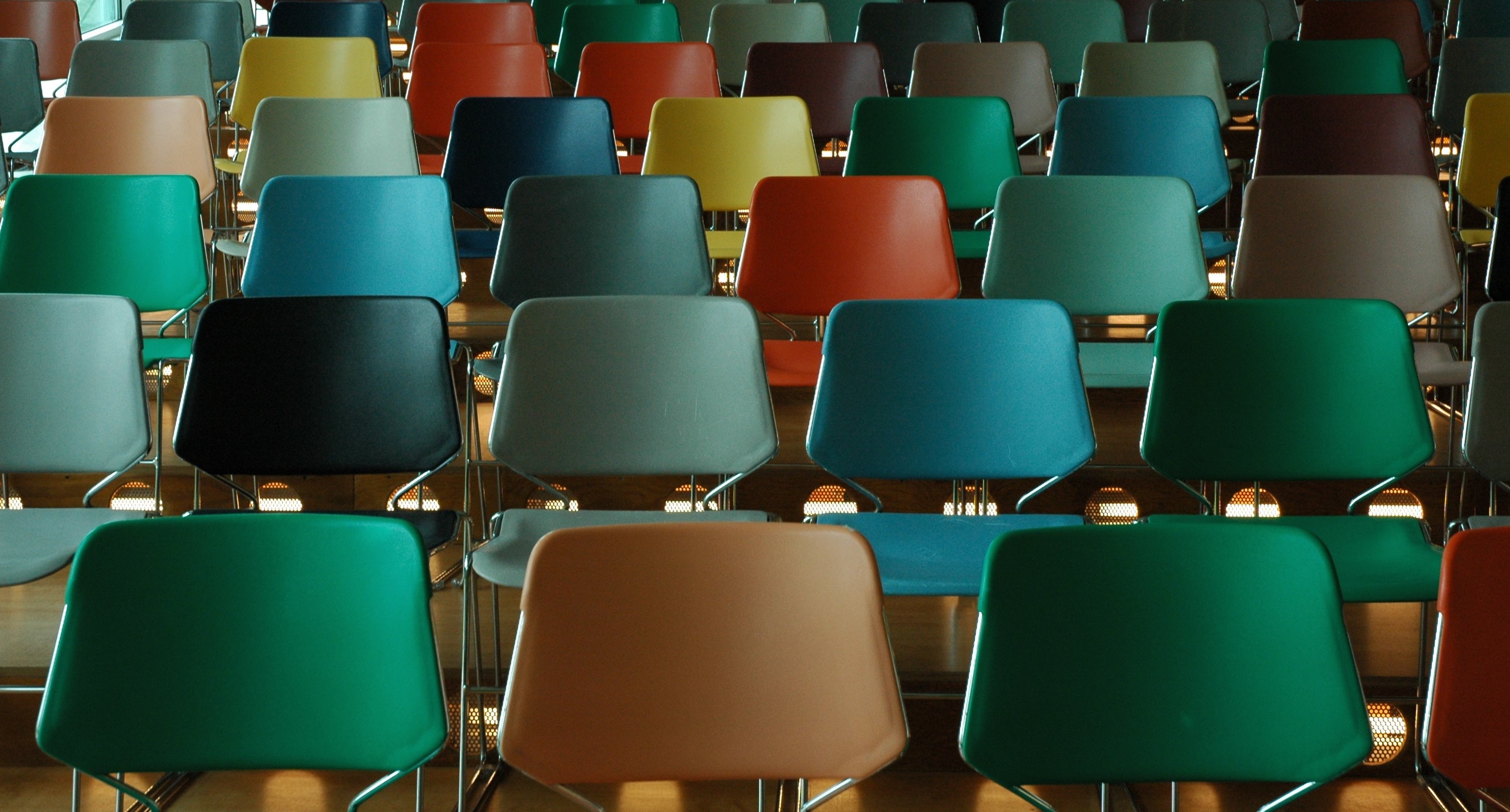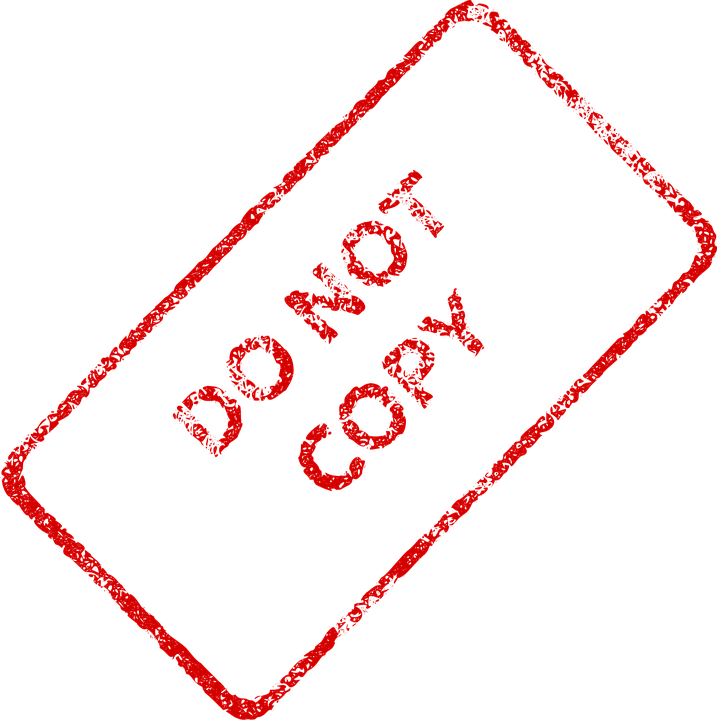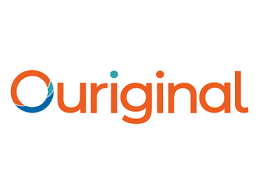Avoiding plagiarism
|
All scientific work needs to be well documented and those sources that have been used in recognition of the work of others to define responsabilities or authorship should be cited. The omission of this recognition is considered an appropriation and receives the name of plagiarism, since everything that is not proper (whether texts, images, audiovisuals, etc.) and does not belong to the knowledge of the public domain should be cited. |
|
Recommendations
In IQS Library we propose a guide of good guidelines on academic honesty to avoid plagiarism in the writing of scientific works:
|
|
|
In addition, you can consult these tools and resources that we provide from the IQS Library, to facilitate compliance:
 |
Citation Manuals There are different manuals and works that facilitate the writing of bibliographic citations in a standardized way, for the different documentary typologies (books, magazine articles, web pages, etc.).
|
 |
Bibliographic references manager To support the research community, IQS Library has a bibliographic reference manager, Mendeley, which allows you to create reference lists and create bibliographies.
|
 |
Training IQS Library organizes training sessions of the different bibliographic resources available. At the beginning of the studies, students receive training to know the basic services of the Library and, throughout the course, receive different sessions of specific training in databases and electronic information resources.
|
 |
Personalized trainning IQS Library organizes personalized training sessions for students in the 4th year's degree or master's degree for the preparation of the Final Work Degree/Master to acquire skills in the search for information and its further data management.
|
Antiplagiarism systems
Antiplagiarism systems are computer programs that allow the detection of plagiarism in scientific works. Some of the antiplagiarism systems are:
|
Ouriginal Ouriginal it is the most used antiplagiarism system in most European universities. Compare the contents to review with the public documents found on the Internet, published material and those documents delivered through the tool itself. |
|
|
DupliChecker DupliCheker it is a free antiplagiarism system, which allows you to evaluate a text, a file or a website and offers a report of results indicating the coincidences. |
|
|
Plagiarisma Plagiarisma detects matches from a text, file or URL: It is free, but for some options you must be registered. |
|
|
Plagium Plagium it is a free system (quick search option), which allows you to perform a text search and retrieve found documents that show a match. |





